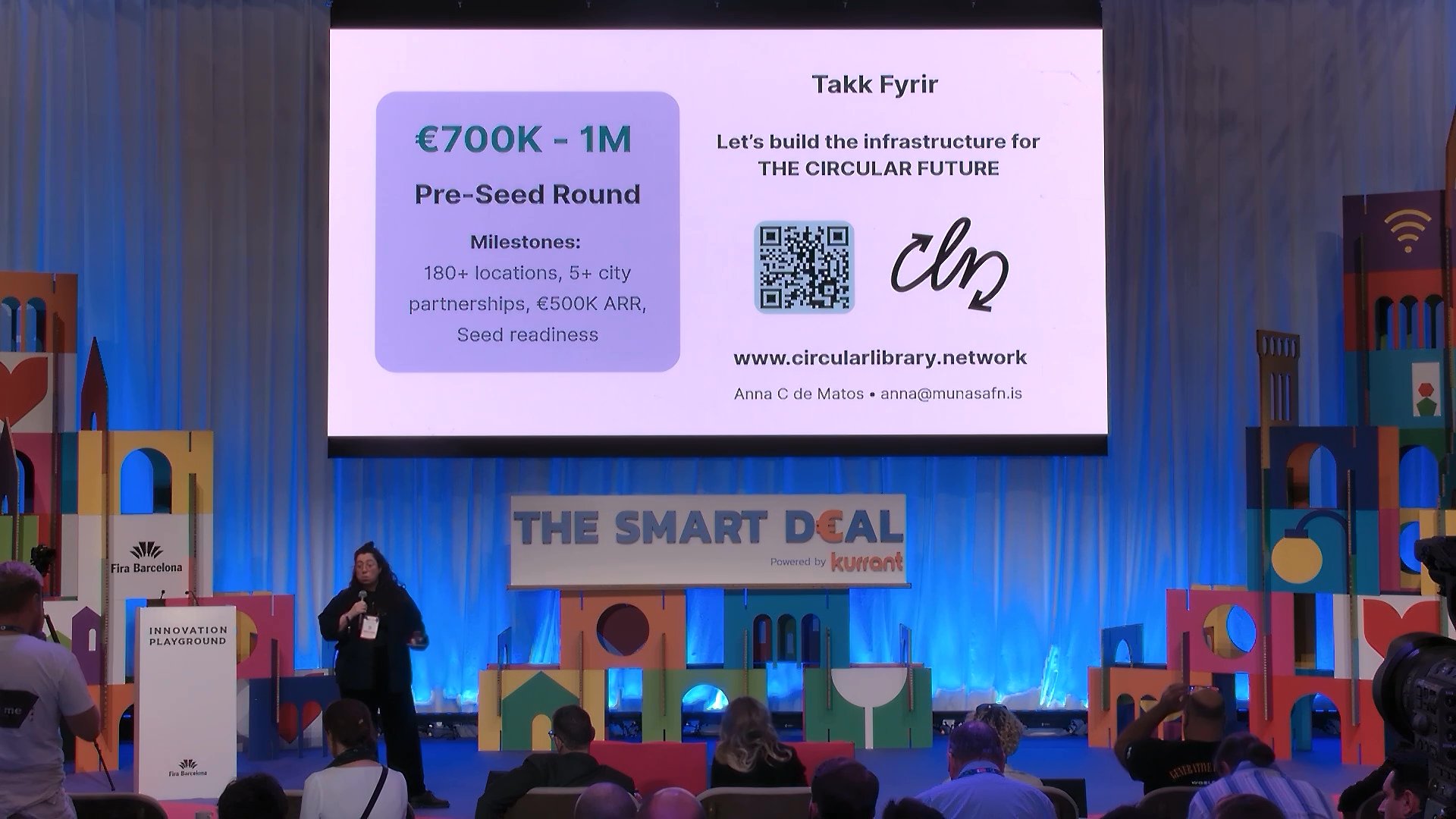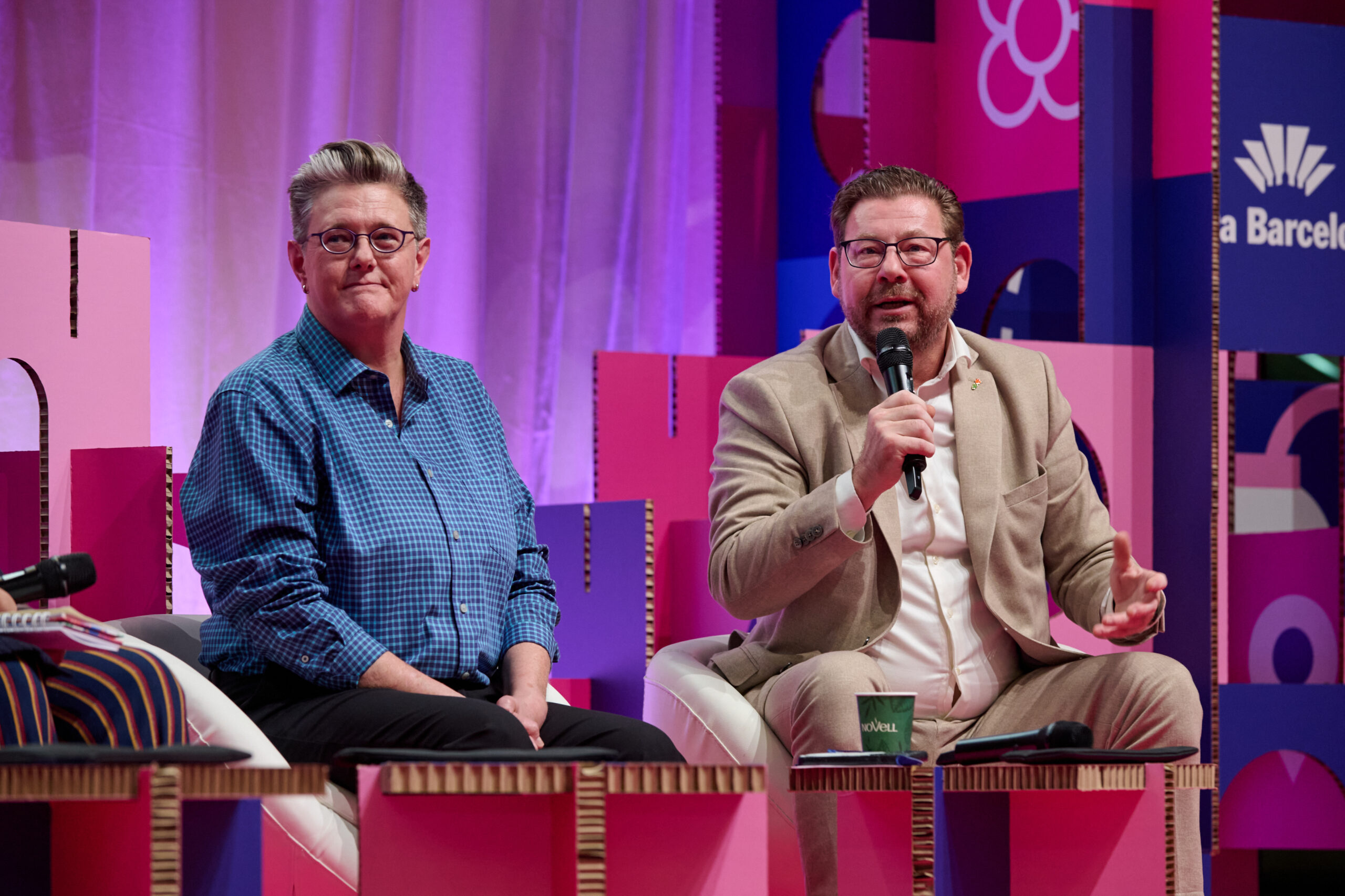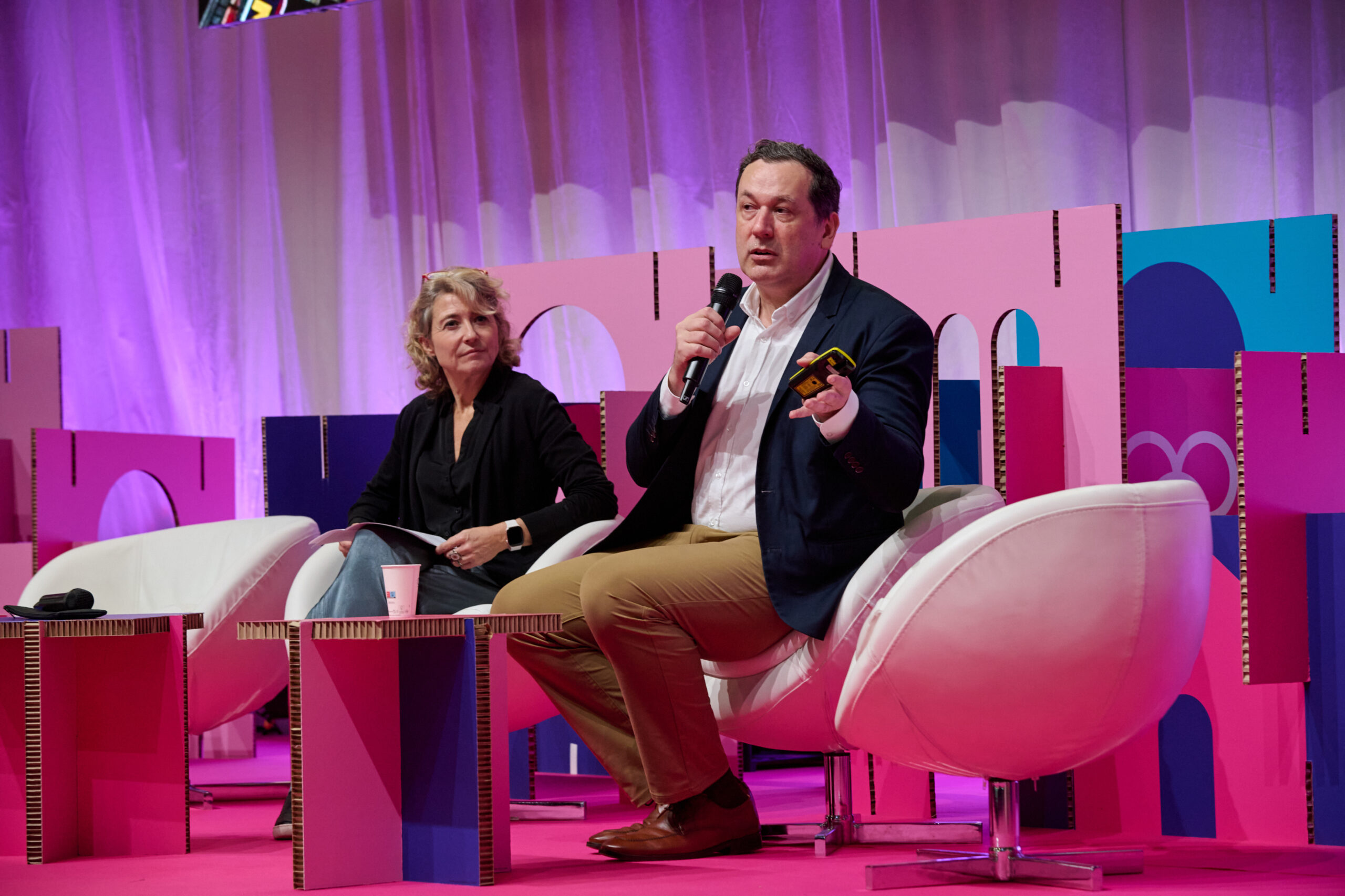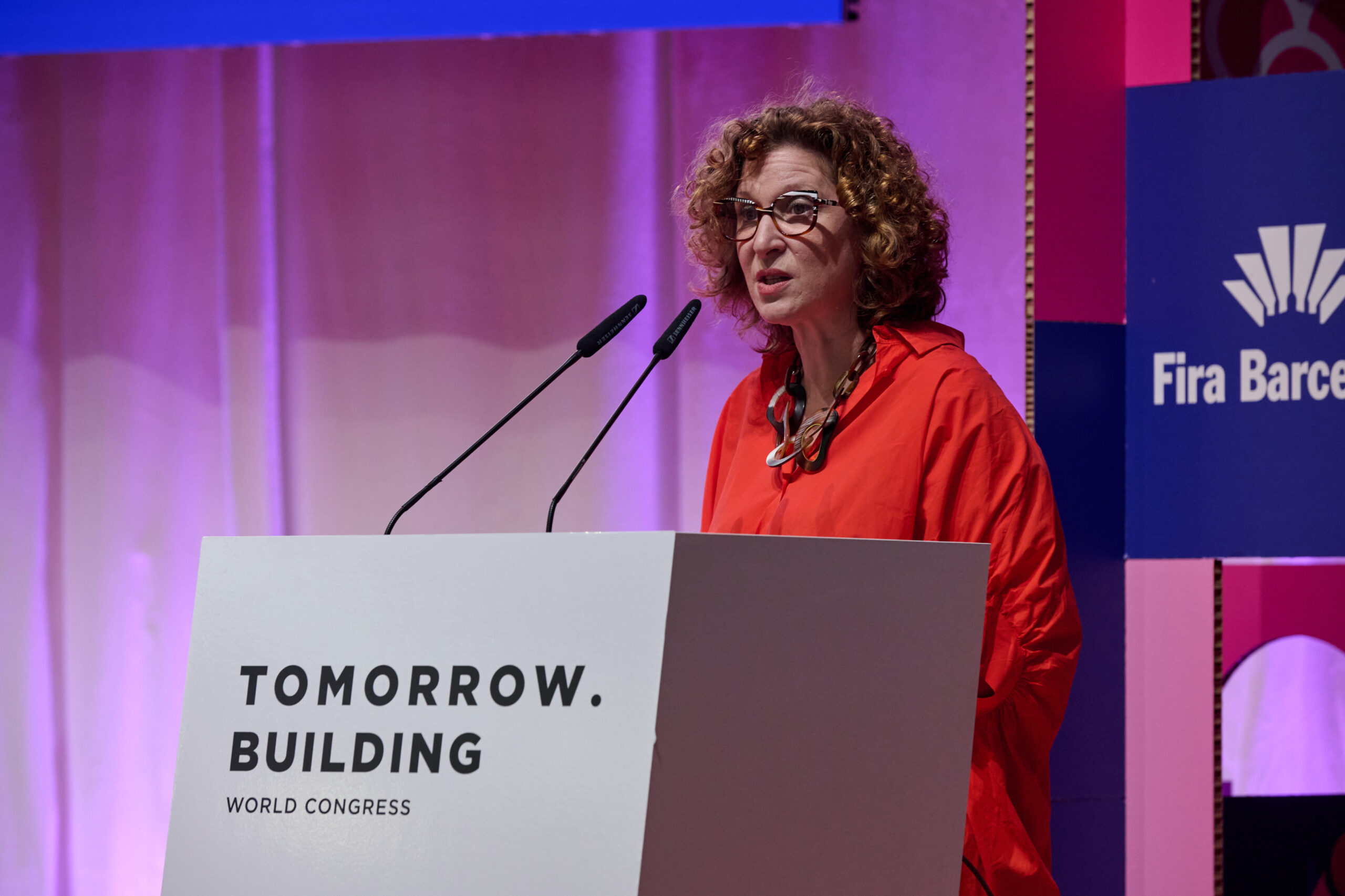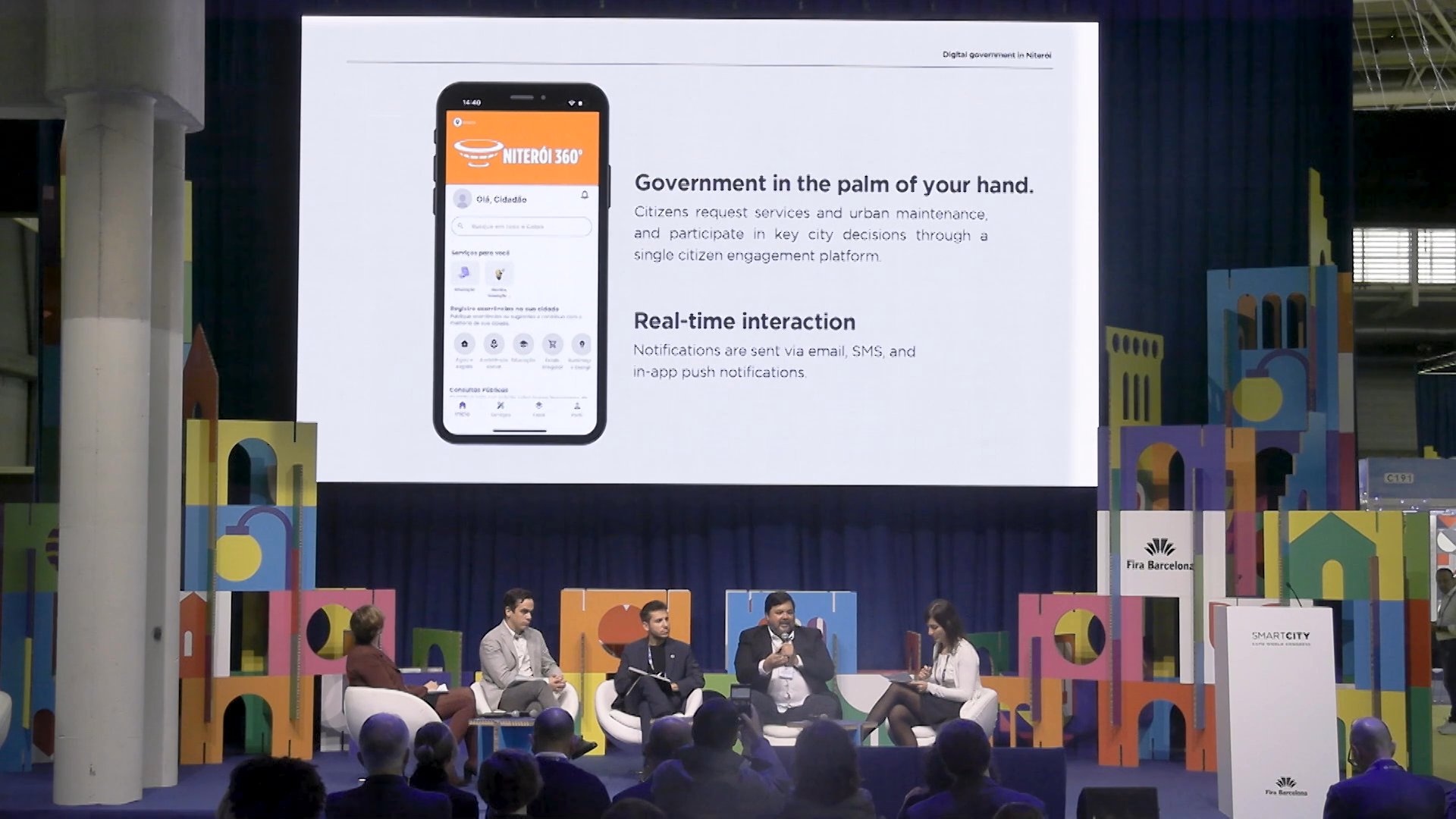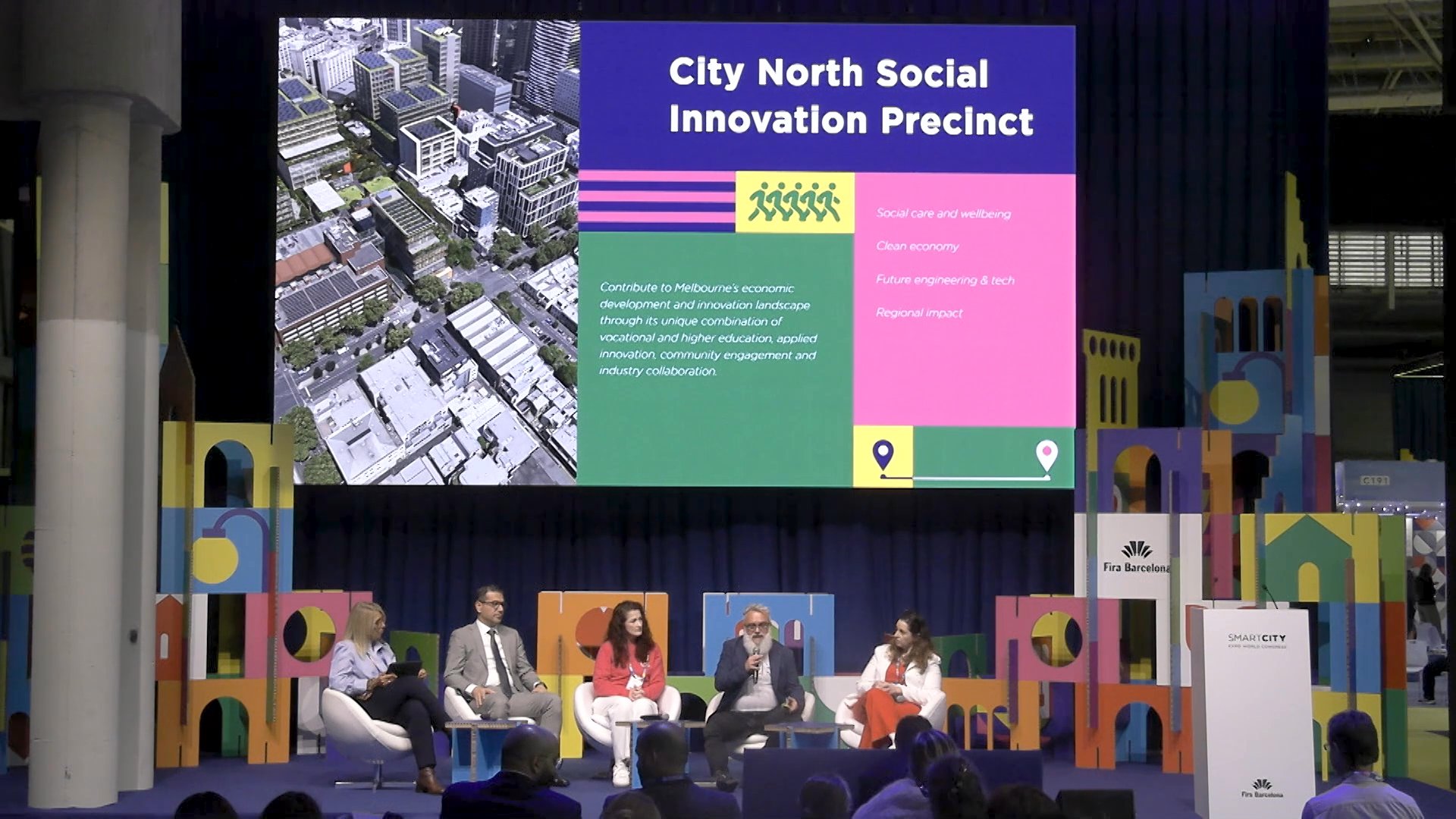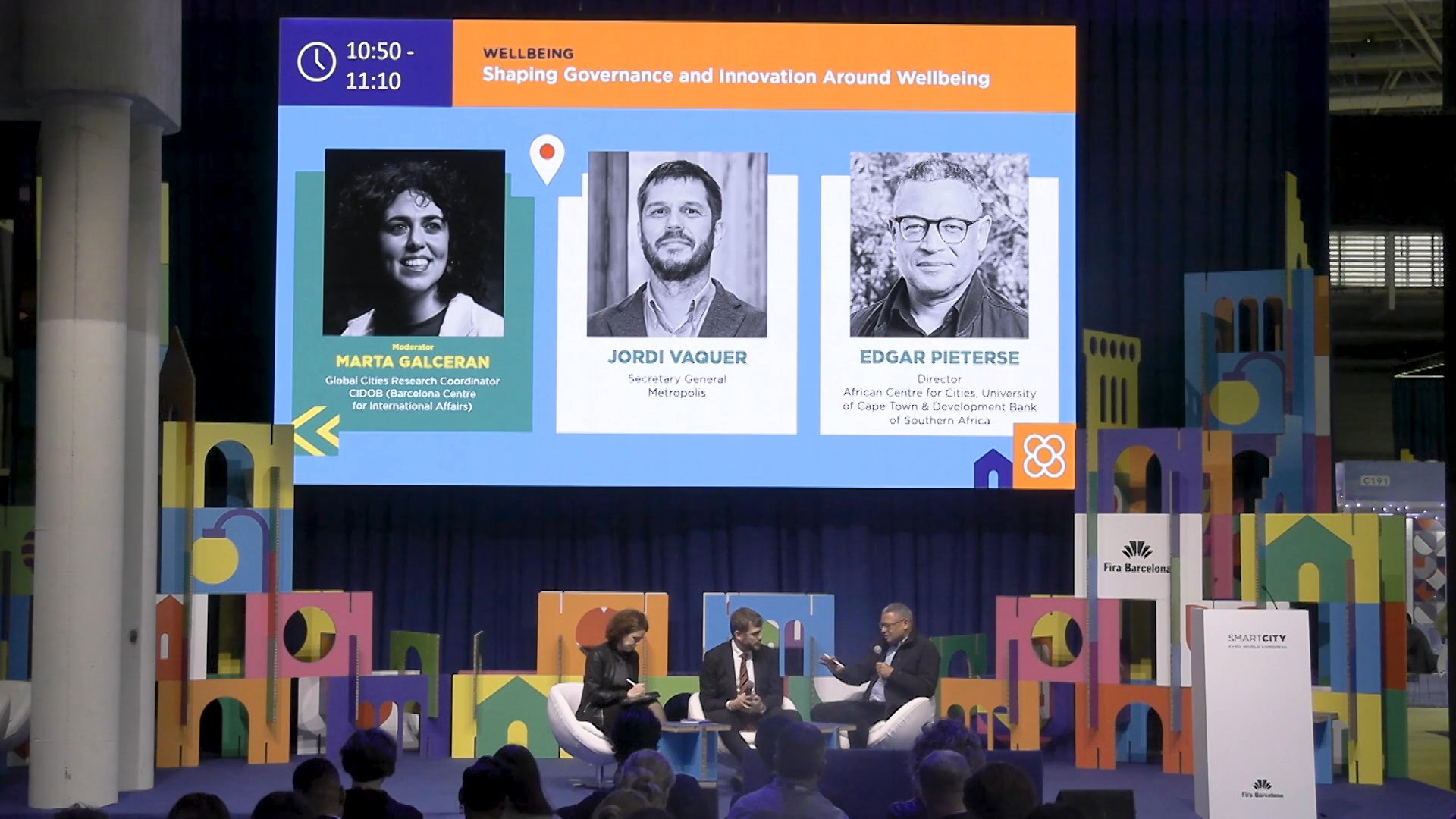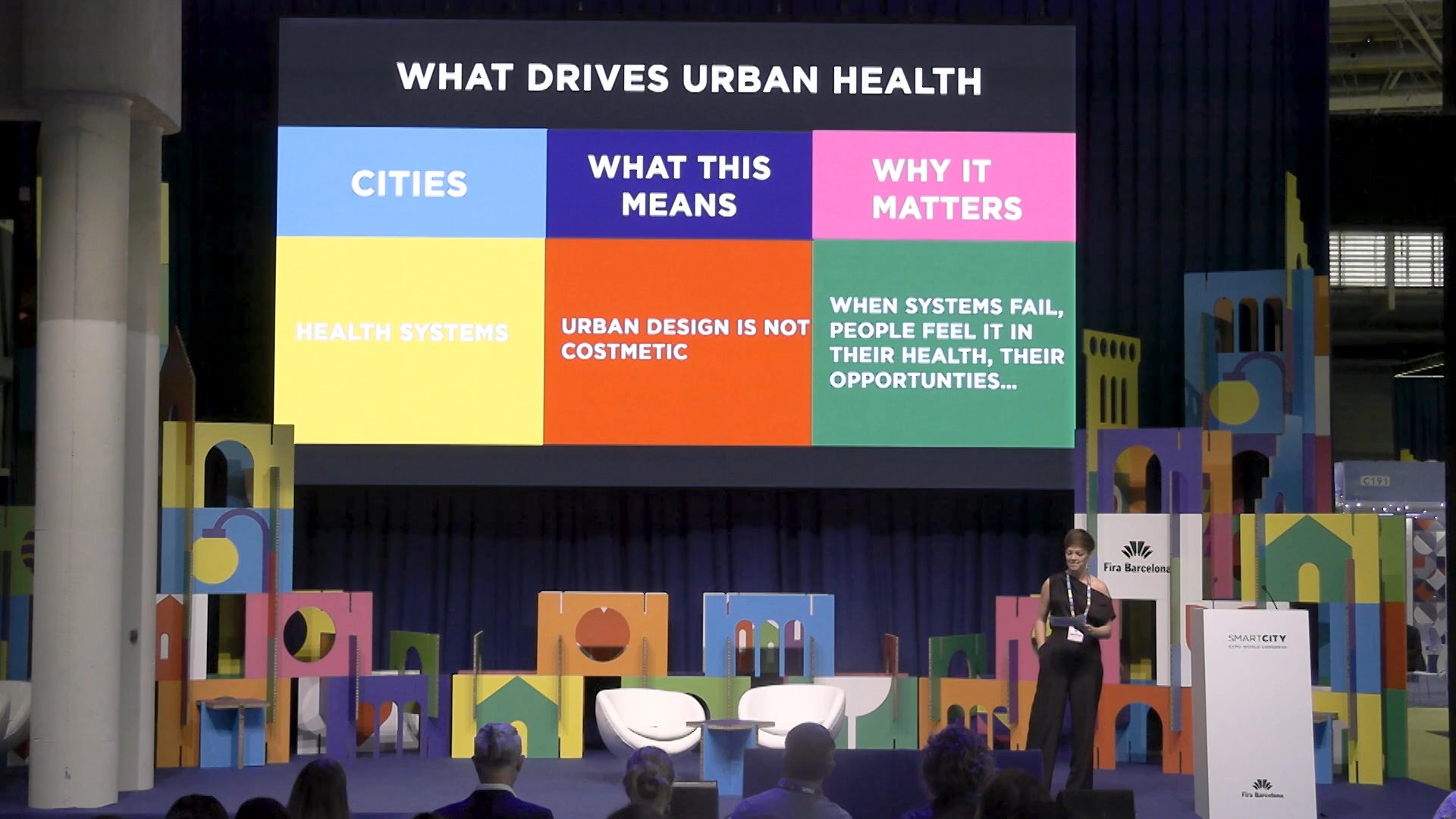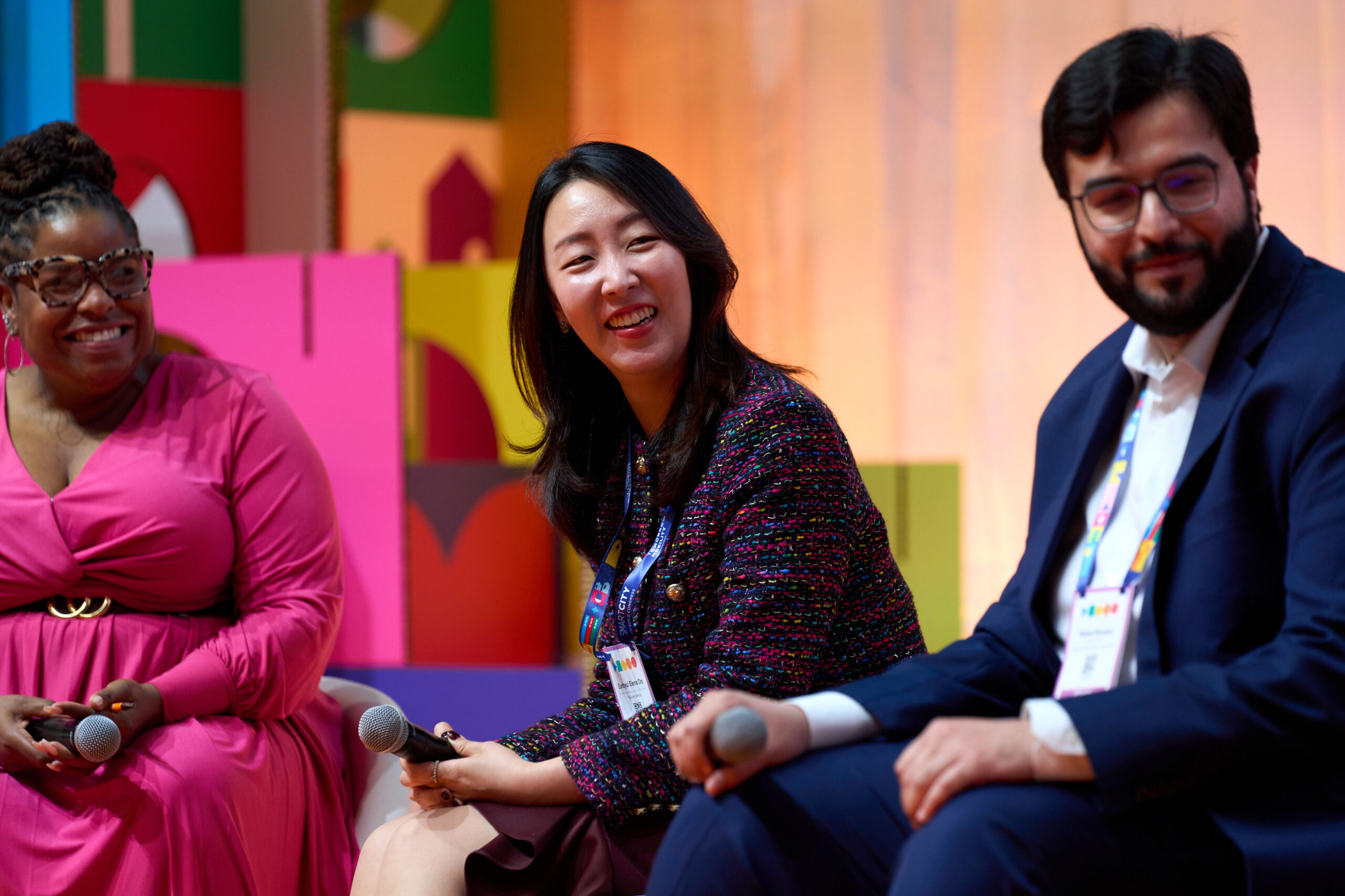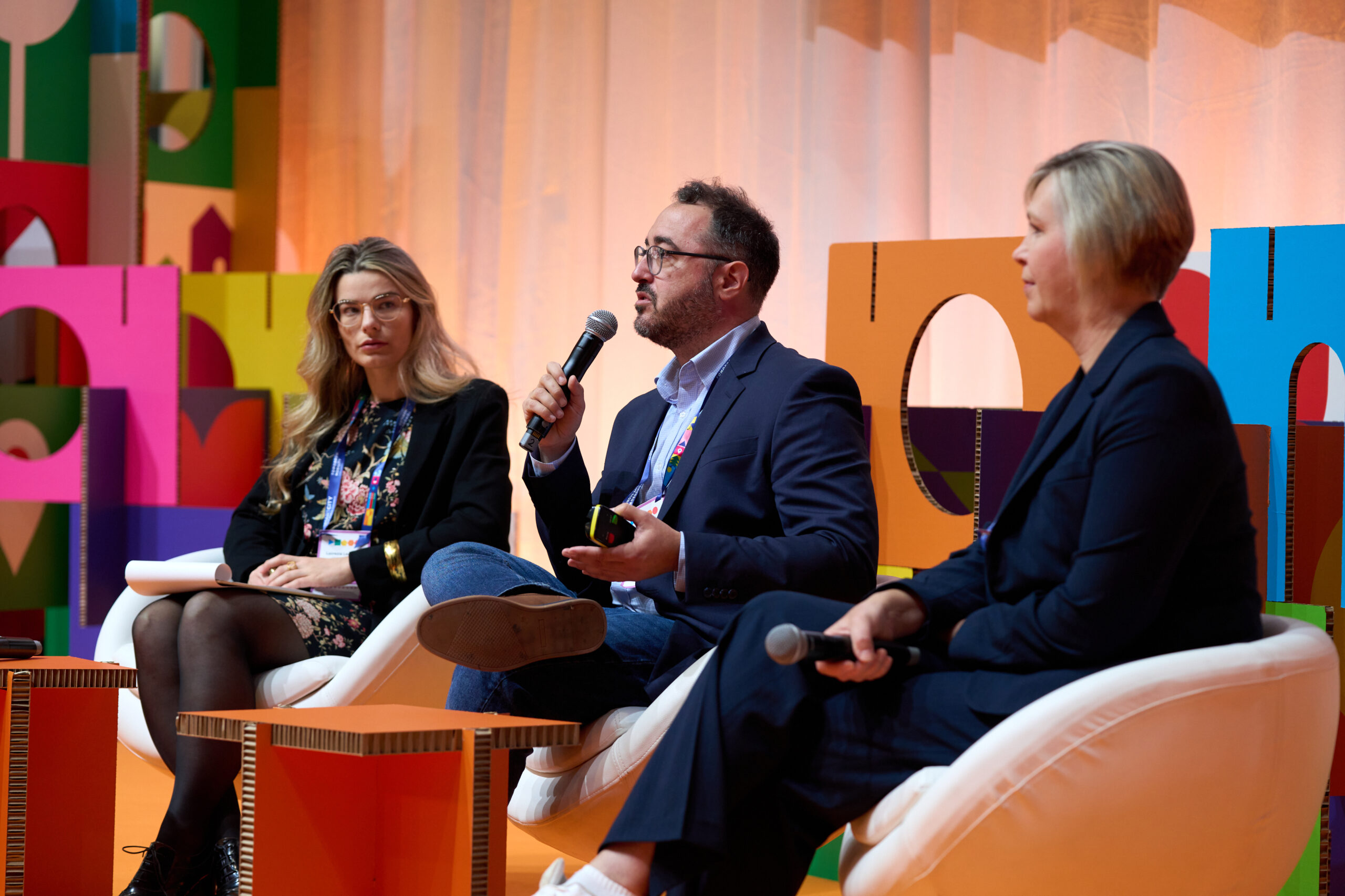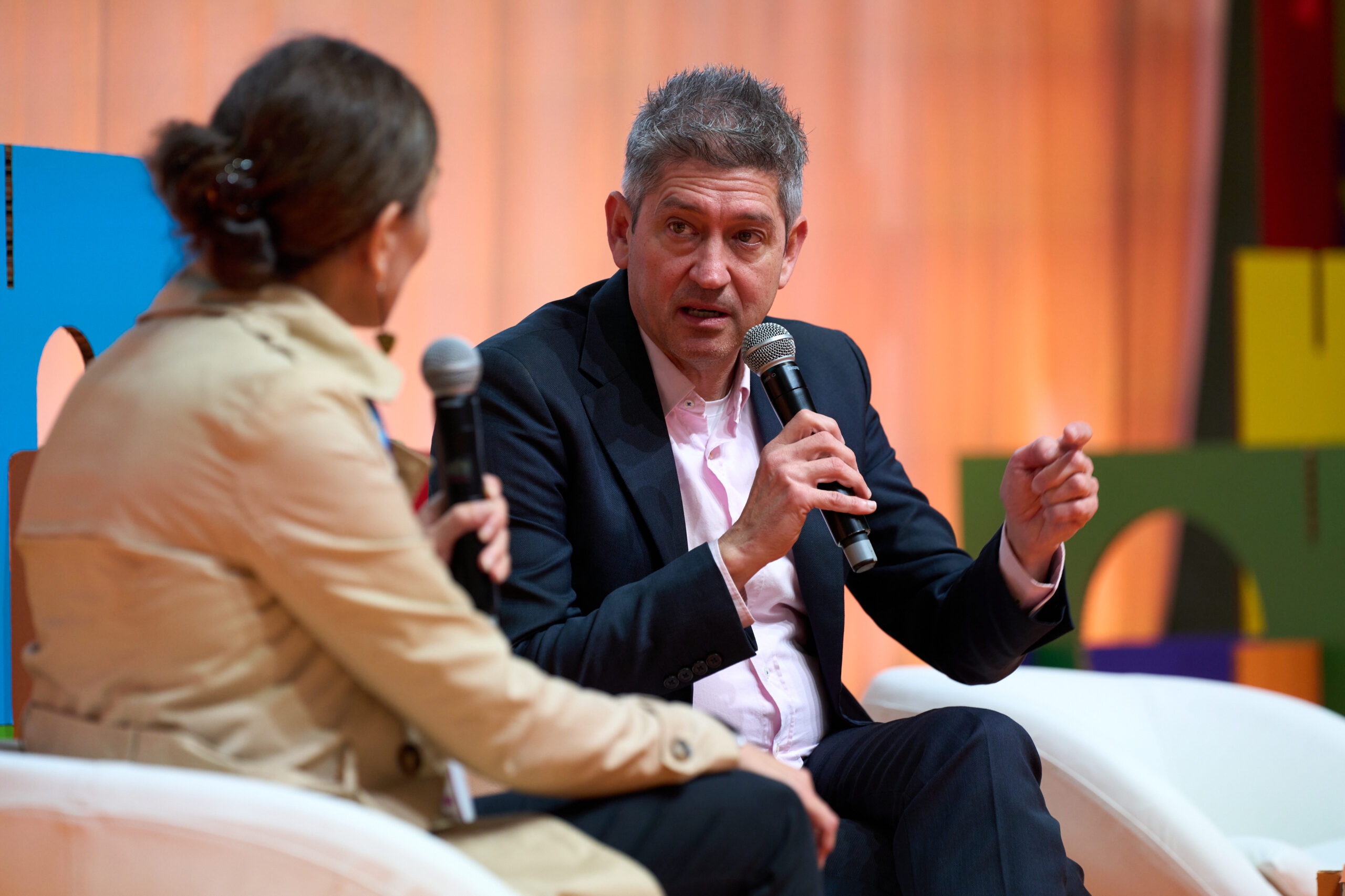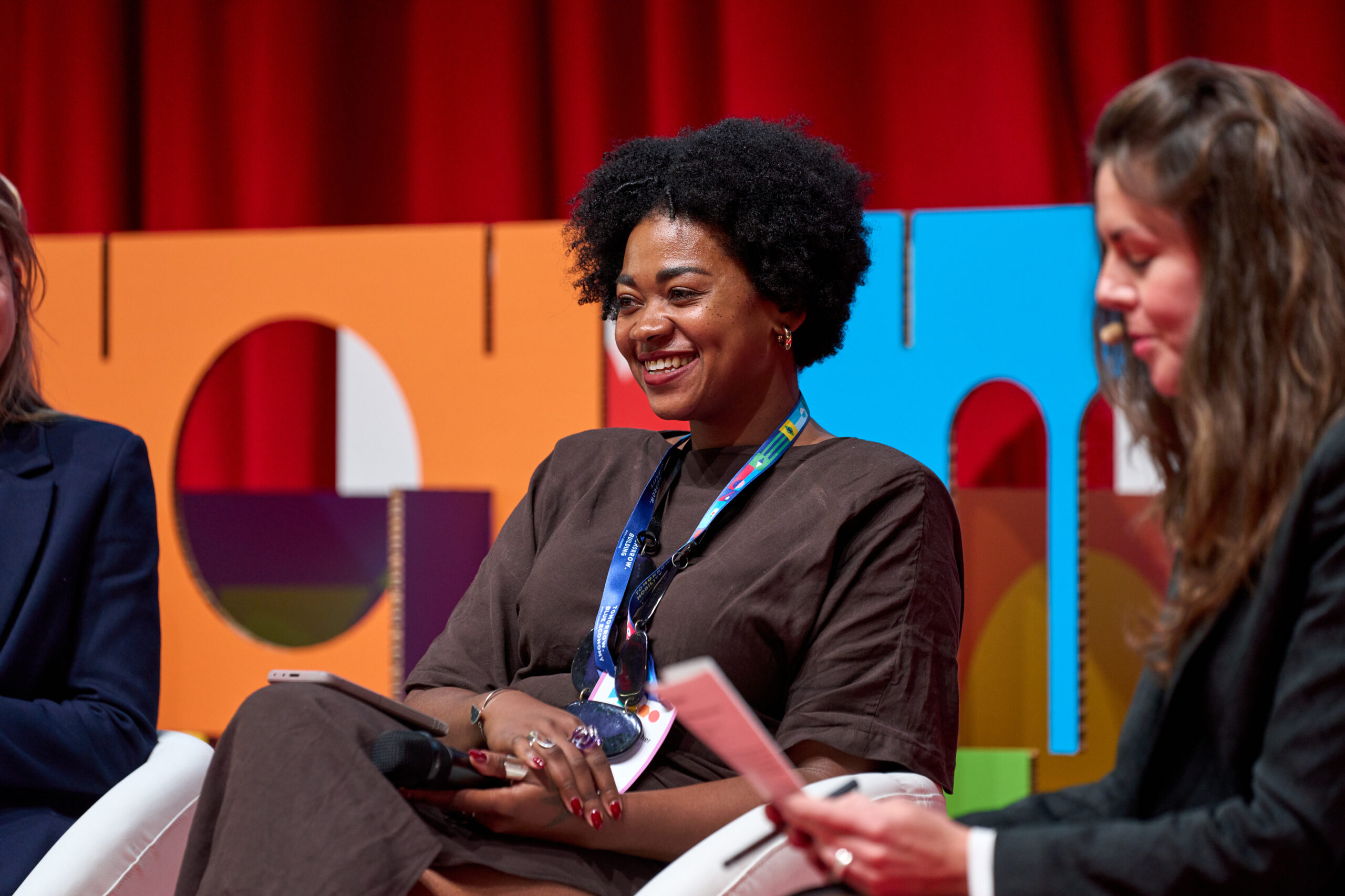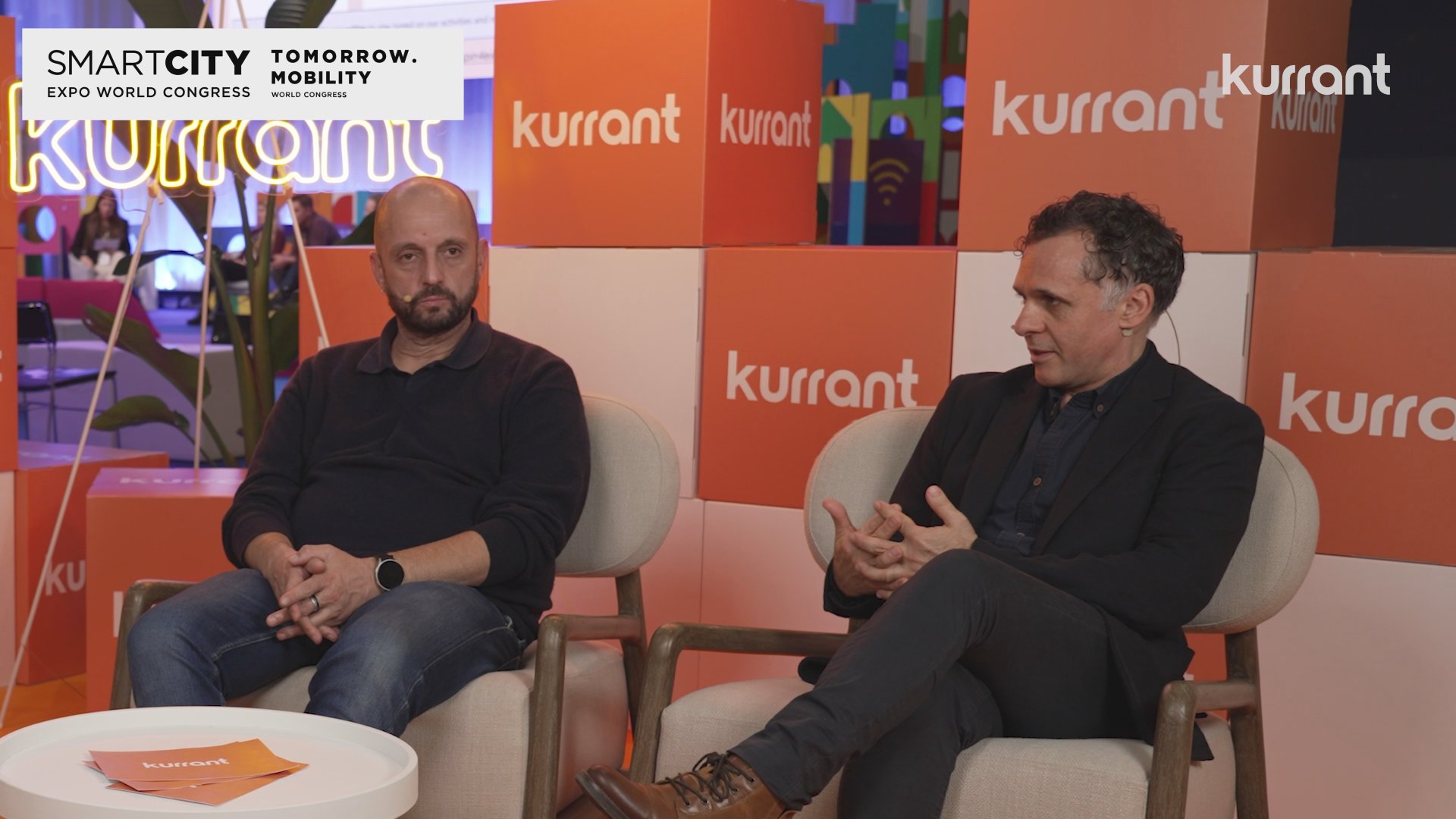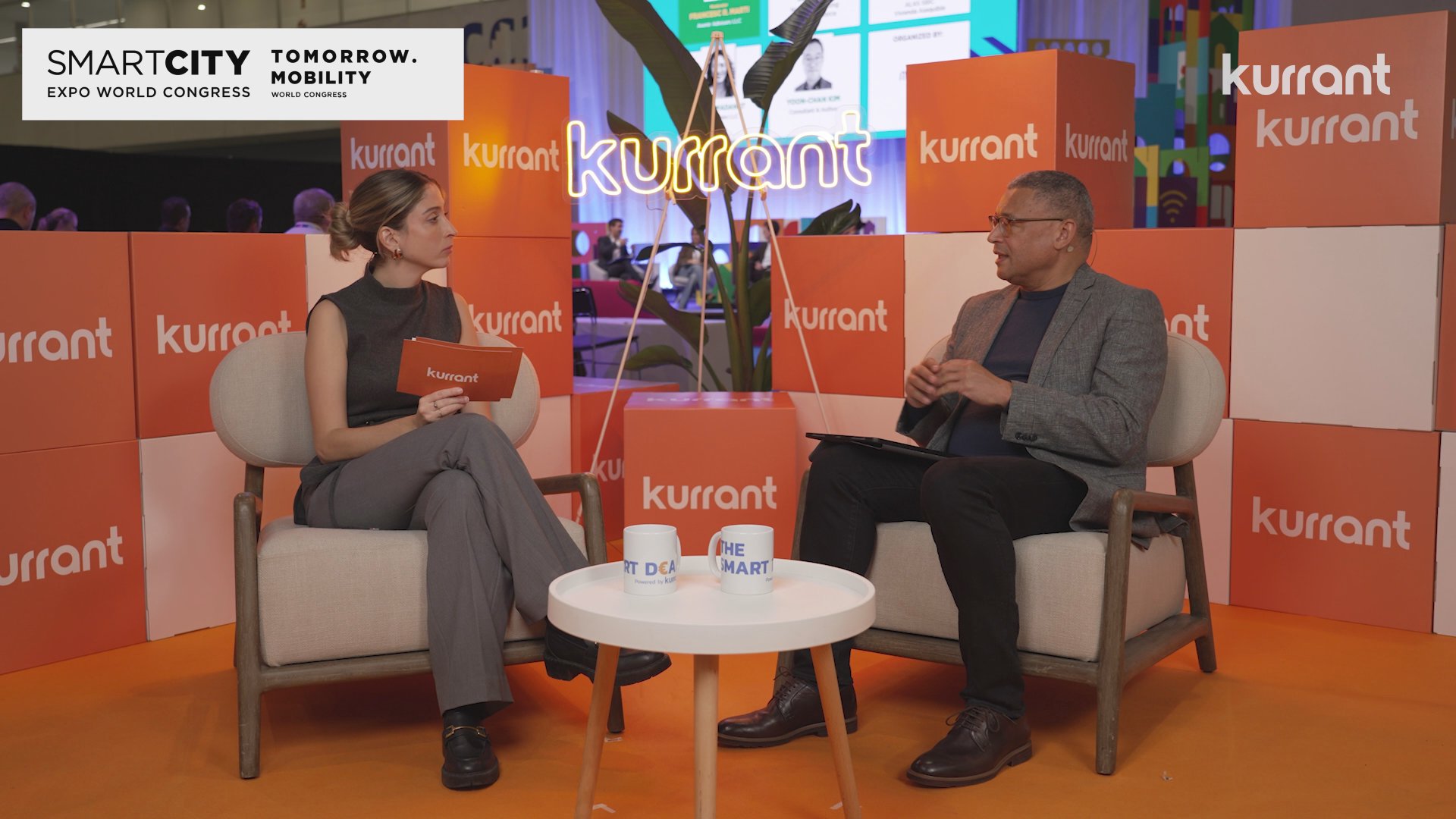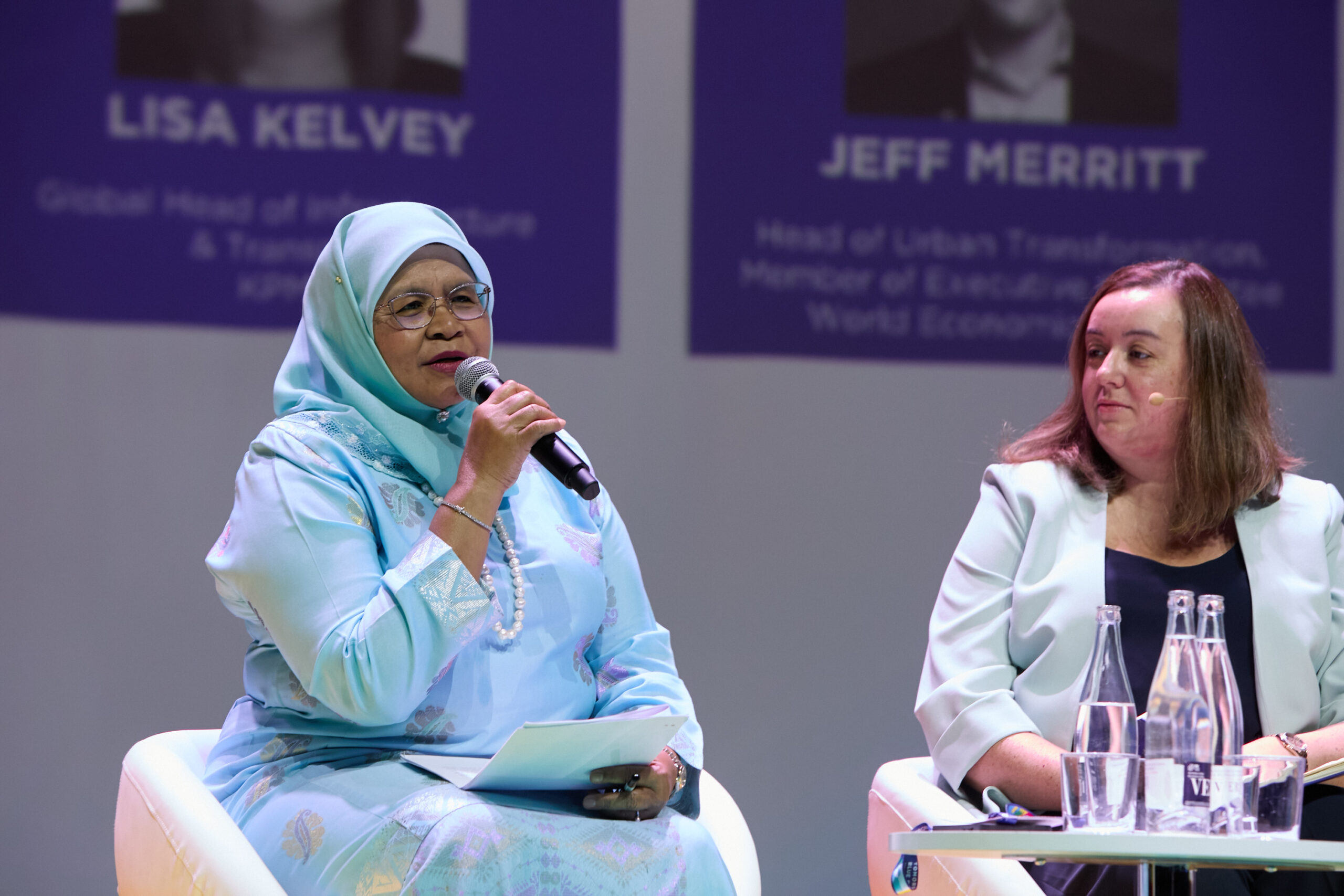Author | Tania AlonsoThe International Federation of Library Associations and Institutions (IFLA) estimates that there are more than 23,000 libraries in the world. Places that not only work as consultation and book collection centres, but which end up becoming a fundamental part of the social infrastructure of communities.Numerous cities across the world have integrated the improvement of their library networks, social programmes and idea laboratories into their transformation plans. Their ultimate goal is to improve education and the quality of life of citizens and to promote the economy and local development. A fundamental part of the roadmap for smart cities, which seek to stand out as active cities and enterprising centres.
The importance of access to information
“Access to information (A2I) is not a goal itself, rather a factor that promotes progress in all areas. This empowers people and communities, establishing the bases for equality, sustainability and prosperity” according to the study ‘Desarrollo y acceso a la información’, a joint project between the IFLA and the Technology & Social Change Group at the University of Washington.In smart cities, access to information is essential in order to contribute to the creation of knowledge. An educated society and with the capacity to actively take part in the public space can favour the community in countless ways. Generating, firstly, new data, which are the driving force behind smart cities. And facilitating, in turn, decision making.
The case of Barcelona Activa
In recent years, Barcelona has become one of the main hubs for innovation and entrepreneurship in Europe and the world. Behind this is the political involvement in the digital transformation and the development of initiatives such as Barcelona Activa.Its goals include achieving equal opportunities and social development, to build an economy that works for people, facilitate a plural economy and coordinate the public-private-community ecosystem. In other words, provide citizens with the necessary capacities to open the way into the labour market and actively take part in the city’s initiatives.
Spaces for entrepreneurs
One of the objectives of Barcelona Activa is to advise, inform and provide technical and logistics resources for new entrepreneurs. The InnoBadora project, for example, supports social and supportive economy initiatives. Participants share spaces and infrastructures; they jointly take part in training activities and can exchange resources, services and knowledge.The Media ICT Incubator (for field start-ups such as IoT, AI, nanotechnology or Robotics), the Parc Tecnològic (aimed particularly at engineering) and numerous coworking spaces, among others, complete the spaces designed for entrepreneurs.
Education and work
Another service offered by Barcelona Activa is based on an extensive network of training and activities aimed at searching for jobs. This initiative includes, for example, the Cibernàrium, an online platform that offers free courses and training in the area of technological skills. The Cibernàrium also holds dissemination workshops and training events for professionals and companies.The InnoBadora and the Cibernàrium are just some of the initiatives of Barcelona Activa. Behind these and other examples, is a network of libraries, centres, coworking spaces and laboratories with a common objective: to promote culture and local entrepreneurship. And to serve as a base for training citizens to be able to coexist in the new, smart and inclusive cities.Images | Unsplash/Silvia Yang, Unsplash/Annie Sprat







